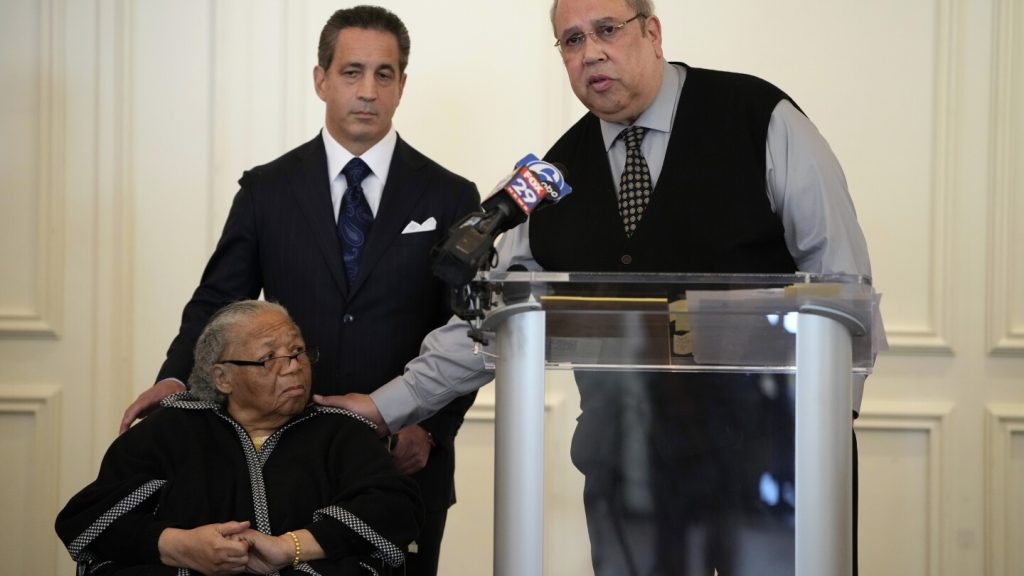The family of Alexander McClay Williams, the youngest person ever executed in Pennsylvania, is suing the county that prosecuted him. Williams, a Black 16-year-old, was convicted of murder in 1930 and sentenced to death by electric chair in 1931. However, new evidence has shown that he was innocent, leading to his posthumous exoneration by the governor in 2022. The family is seeking justice and reparations for the wrongful conviction and execution of their loved one.
Williams was accused of the brutal stabbing of a white woman, Vida Robare, who was found dead in her cottage on the grounds of his reform school. Despite the lack of physical evidence linking him to the crime, Williams was quickly targeted as a suspect. He was interrogated for days without legal representation and ultimately signed three confessions, leading to his conviction by an all-white jury. His execution sparked national attention and devastated his family, who were forced to abandon their business and leave town.
The federal lawsuit filed by the Williams family against Delaware County aims to hold the county accountable for the miscarriage of justice that led to the wrongful conviction and execution of Alexander McClay Williams. Governor Tom Wolf and District Attorney Jack Stollsteimer have both recognized the violation of Williams’ constitutional rights and apologized for the tragedy. The exoneration of Williams has shed light on the racial biases and injustices prevalent in the criminal justice system, particularly in cases involving Black individuals.
Author and educator Samuel Lemon, who is the great-grandson of Williams’ defense lawyer, played a crucial role in uncovering the truth about the case. Through his research and analysis of the trial transcript, Lemon found discrepancies in the evidence presented, highlighting the innocence of Williams. The exoneration of Williams has brought closure to his surviving family members, who have long believed in his innocence and suffered from the impact of his wrongful conviction and execution.
The Williams family’s pursuit of justice and reparations is supported by a group of exonerees, including Black men who have also experienced wrongful convictions and incarceration. The collective outrage over the treatment of innocent individuals by the justice system, both historically and in the present day, highlights the need for accountability and reform. The exonerees stand in solidarity with the Williams family in their quest for justice and recognition of the systemic injustices that have affected generations of Black individuals.
The story of Alexander McClay Williams serves as a painful reminder of the ongoing racial disparities and injustices within the criminal justice system. The wrongful conviction and execution of a young Black man in 1930 continue to resonate today, as the Williams family seeks justice and accountability for the tragic loss of their loved one. The case sheds light on the need for reform and a commitment to addressing systemic biases and injustices that have long plagued the criminal justice system.


